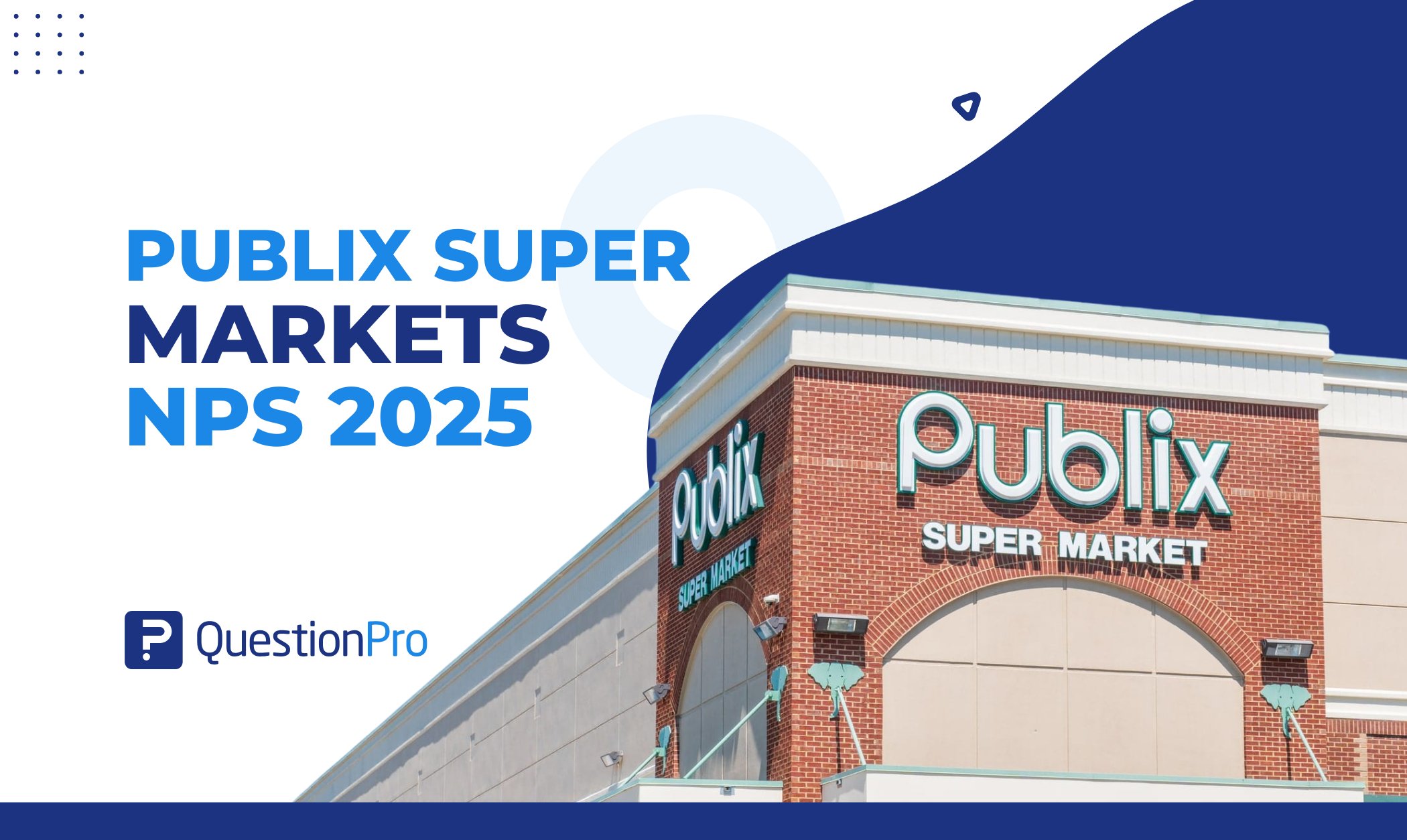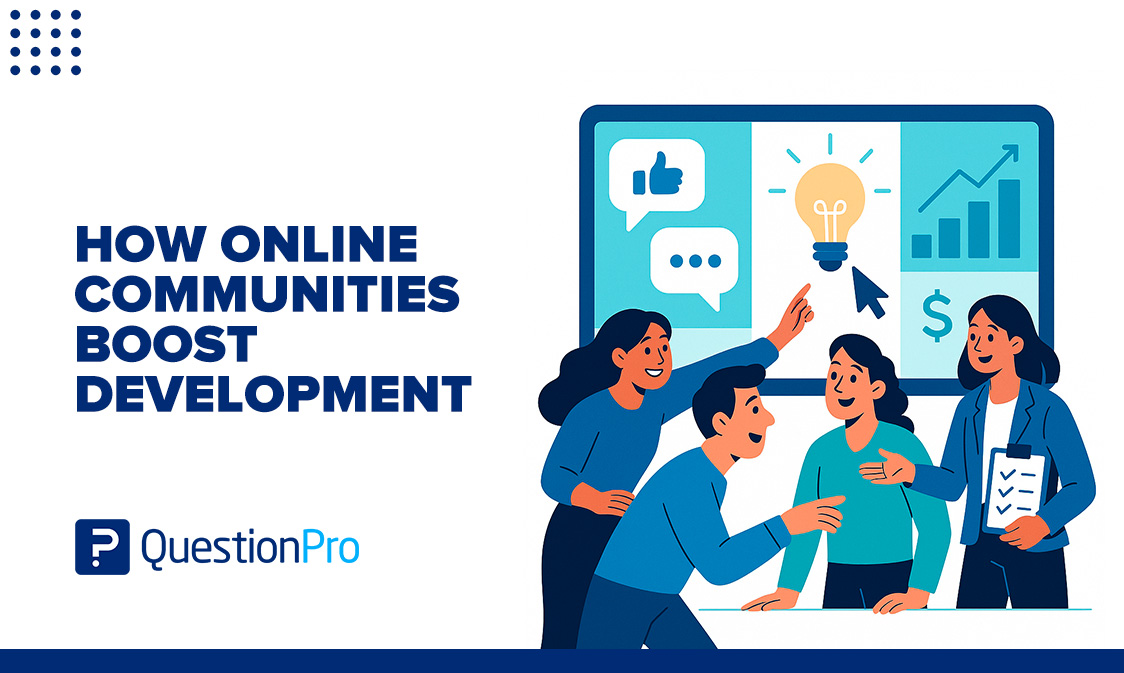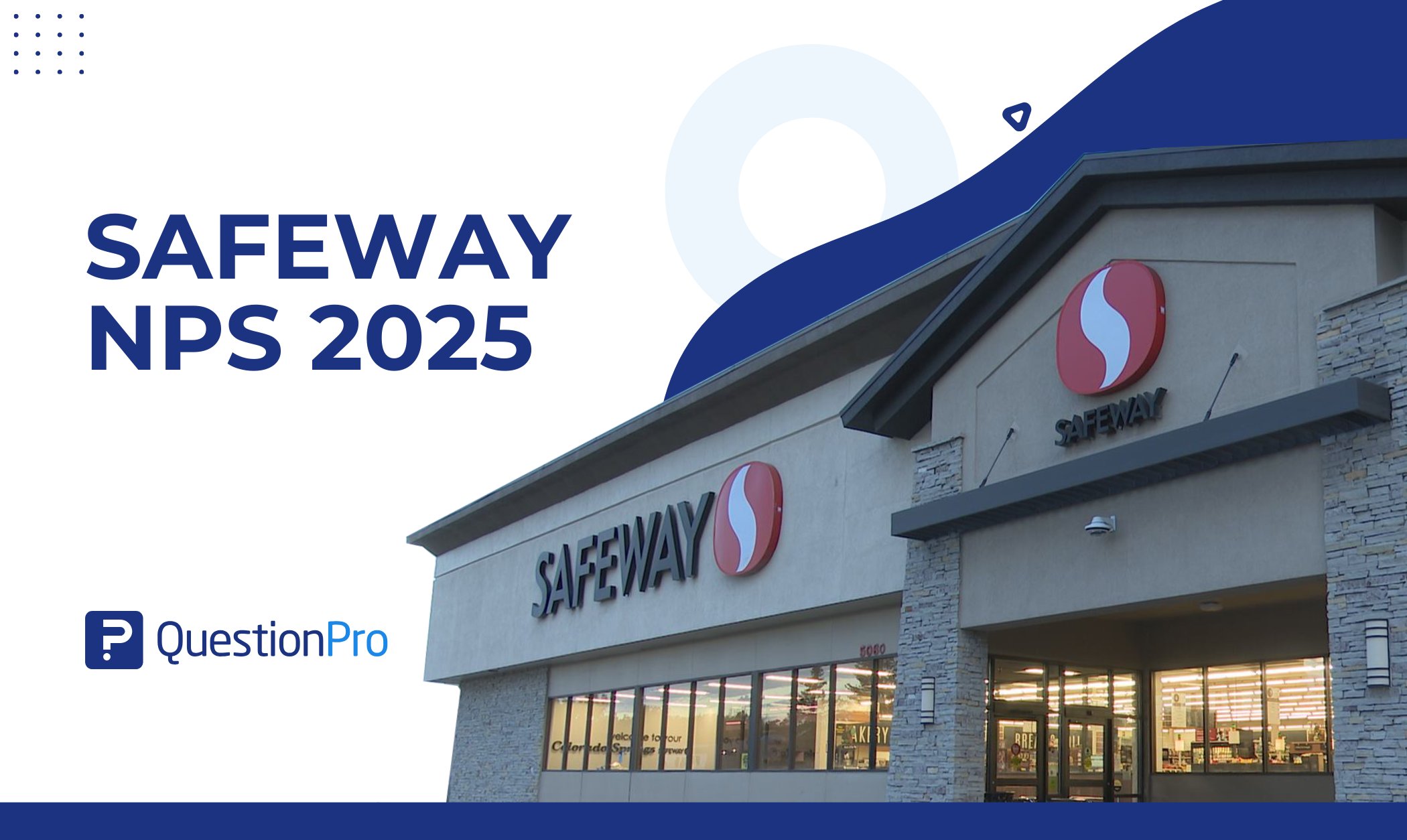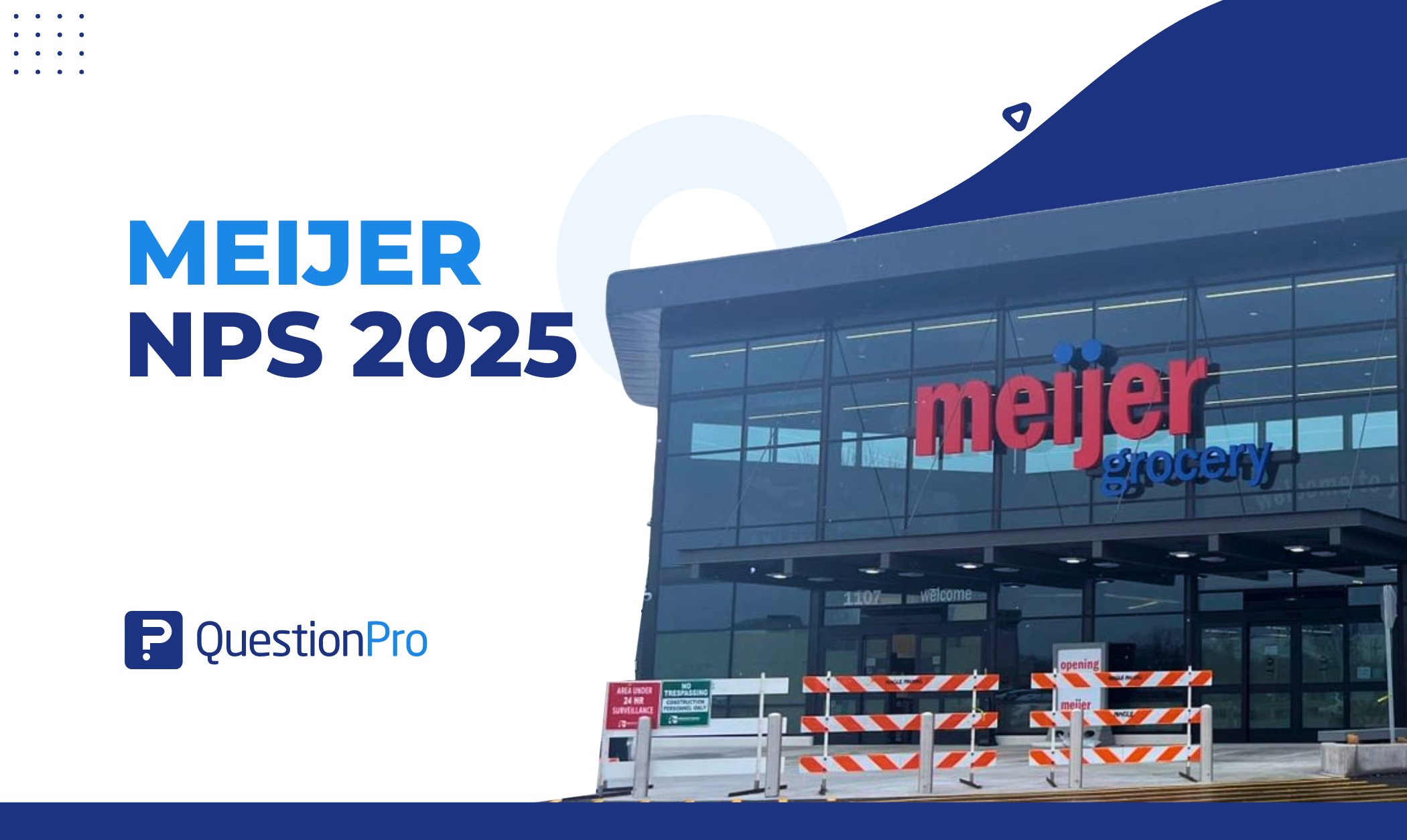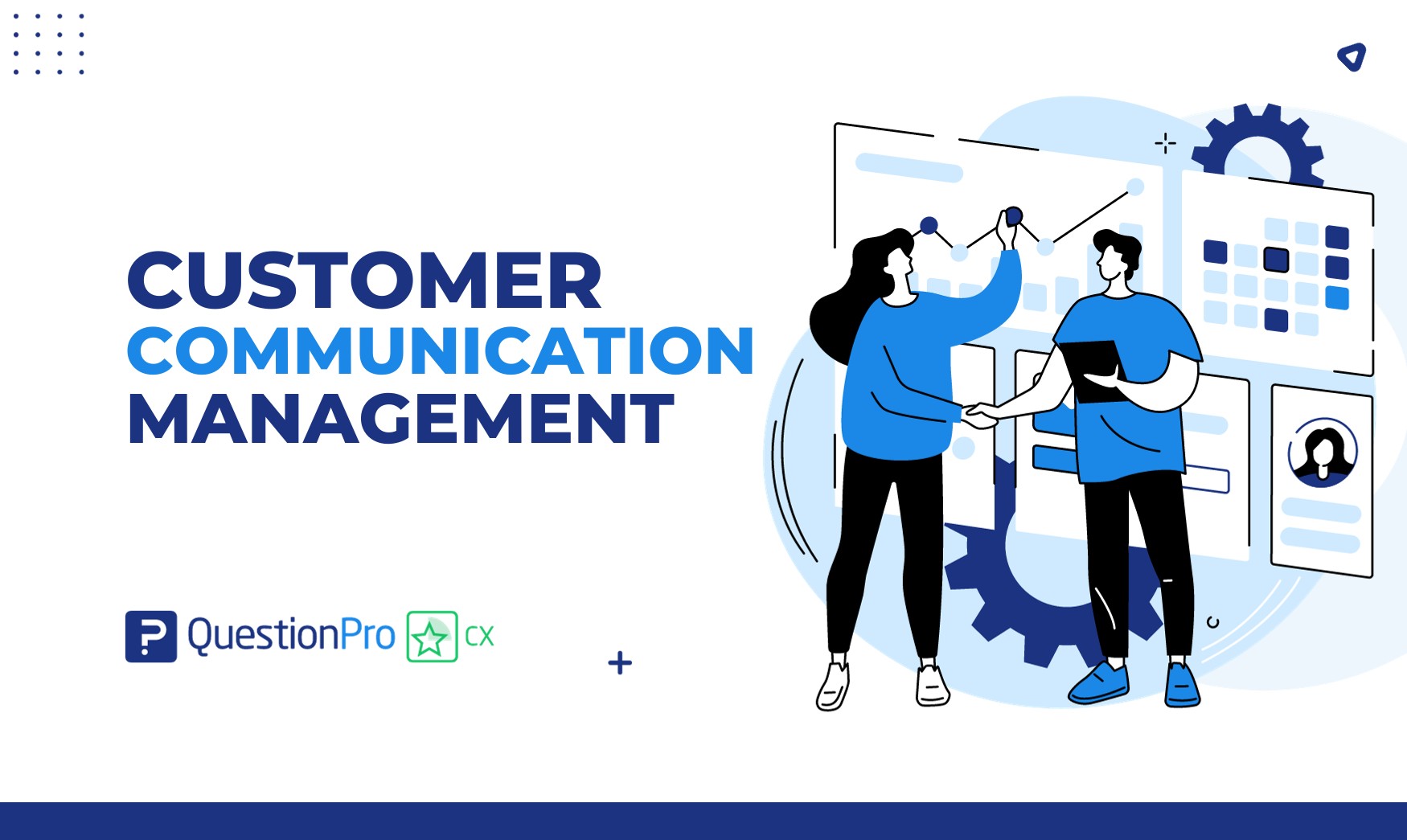
Have you ever wondered how businesses communicate with you and other customers so effectively? It’s all about customer communication management! This process is like a secret recipe businesses use to talk to their customers in the best way possible.
But what’s even more interesting is that there are some simple and fantastic strategies and practices they follow to make their communication even better.
In this blog, we’ll explore what customer communication management is and provide you with some easy-to-implement strategies for success.
What is customer communication management?
Customer communication management (CCM) is how businesses talk to their customers in a good way. It’s about ensuring companies communicate well with people who buy their products or services.
This communication includes sending messages, emails, or letters that are personalized and helpful. CCM also means using different ways to talk or social media to reach customers where they are comfortable.
The main goal of CCM is to make sure that companies talk to customers in a way that they like and understand. It uses technology to organize these conversations and ensure they’re consistent and follow the rules.
Good customer communication management helps businesses keep customers happy and returning for more.
Benefits of customer communication management
From making customers happy to saving time and money, customer communication management is like having a helpful assistant who makes everything fair and fun. Let’s dive into the beautiful world of CCM solutions and see how they benefit you in so many incredible ways!
Customer communication management builds stronger relationships.
Customer communication management is like a friendly chat with your customers. When you talk to them in ways they like and understand, it’s like speaking their language. It helps you understand their needs and preferences, making them feel heard and valued. This, in turn, builds trust and a stronger bond between you and your customers.
It ensures customer satisfaction.
Imagine receiving a message that feels like it was meant just for you. It’s clear, relevant, and helpful. Effective communication makes your customers happier and more satisfied. They appreciate the effort you put into understanding their needs, resulting in a positive experience with your business.
CCM encourages customer loyalty.
By consistently delivering personalized and meaningful messages, you’re creating a special connection. When customers feel understood and appreciated, they’re more likely to keep coming back. This loyalty can turn them into repeat customers, boosting your business over time.
It saves time and money.
Think of customer communication management as your assistant. It organizes your conversations, automates tasks, and helps you reach your customers more efficiently. This saves you time and resources and allows you to focus on other aspects of your business while keeping your communications organized and effective.
CCM ensures compliance and trust.
Just like following the rules of a game, CCM ensures that your communications follow the necessary laws and guidelines. This compliance not only protects your business but also earns your customers’ trust. They feel secure knowing that your messages are reliable and trustworthy.
Strategies for Effective Customer Communication Management
Now, we will explore some simple yet effective strategies for enhancing your customer communication. You can use these strategies as tools to help you connect with your customers in a way that’s comfortable and enjoyable.
Let’s dive into these easy-to-follow strategies that will make your conversations with customers more engaging and meaningful.
Understand your customer
Take the time to understand your customers. Learn about their preferences, behaviors, and needs. Knowing your customers helps you tailor your messages to suit their interests and makes your communication more personal.
Listen to your customer actively.
Listening carefully to your customers is crucial. Maintain a heartfelt conversation with customers, where you genuinely listen and understand what they’re saying. Acknowledge their feedback, comments, and concerns. Actively listening helps you respond to their needs more effectively.
Make your communication clear and engaging.
Creating clear, friendly, and engaging messages is important for customer communications. It’s like explaining something to a customer in an understandable and enjoyable way. Use language and content that your customers can easily grasp, making your communication more relatable and interesting.
Create consistent customer engagement.
Maintaining regular contact with your customers is key, much like staying in touch with friends. Regular updates, relevant information, and periodic check-ins are like keeping the conversation flowing. It ensures your customers feel valued and connected.
Offer accessible Communication Channels.
Offering various communication channels is like providing multiple ways for customers to reach out to you. You can provide different communication channels like emails, texts, or social media that suit your customers’ preferences.
Offering valuable information and assistance is similar to being that friend who always lends a hand. Share useful tips and insights with your customers. It will help them solve problems or offer guidance. This will build trust and show that you’re there to support them.
Continuous Learning and Improvement
Keep learning from your experiences and changing trends. What was effective yesterday might need adjustments today. Constantly improving your communication methods ensures you stay relevant and engaging.
By understanding your audience, you can significantly enhance your customer communication, building stronger and more meaningful connections with your customers.
Best Practices for Optimizing Customer Communication Management
We’re here to explore some powerful ways to make your customer communication the best it can be. Think of these practices as the secret ingredients to create conversations that are clear, engaging, and meaningful.
Let’s discuss how to enhance your communication with customers for better relationships and customer experience.
Create engaging and clear messages.
This practice involves creating messages that are both engaging and easy for customers to understand. Clear communication ensures that your messages are straightforward, leaving no room for confusion. Compelling content makes your communication interesting and attractive.
Manage customer feedback and response.
Listening to what customers say and answering their questions is really important. When you listen to them and reply to their comments or questions, it shows that you care about what they think.
When you handle their feedback well, it shows that you care about what they think and want to make things better for them. This helps build trust and makes your relationship with customers stronger.
Continuous improvement using feedback loops
Feedback loops involve a structured process for collecting, analyzing, and applying customer feedback. It’s about using the information you receive to make ongoing improvements.
Learn from customer suggestions and insights to enhance your customer communication strategy. Identify patterns or recurring issues and continuously improve based on this valuable feedback.
Adapt communication for different customer segments.
Not all customers are the same. To effectively reach various customer segments, customize your messages and approach. Tailor your communication to match the preferences and interests of each group.
Consider factors like demographics, buying behavior, or past interactions to determine how you should adjust your messaging for different segments. This ensures that your communication is relevant and resonates with the unique needs of each customer group.
Customer communications management (CCM) vs. customer relationship management (CRM)
Here’s a simple breakdown of Customer Communications Management (CCM) vs. Customer Relationship Management (CRM):
Customer Communication Management (CCM)
CCM is all about how a business talks to its customers. It focuses on the different ways a company communicates with people who buy its products or services. CCM ensures that these communications are clear, personalized, and sent through various channels like emails, texts, or letters. The goal of CCM is to create good, meaningful conversations that customers appreciate.
Customer Relationship Management (CRM)
CRM is like a personal organizer for a business. It helps keep track of all the interactions a company has with its customers. It stores information about customers’ preferences, their history with the company, and what they’ve bought. CRM helps companies understand their customers better and build stronger, long-lasting relationships by keeping all this information organized.
In simple terms, while CCM focuses on the actual communication and messages sent to customers, CRM is more about organizing and managing all the information about those customers and their interactions with the company. Both are important for creating positive and enduring relationships with customers.
Tools and Technologies for Customer Communication Management
Various tools and technologies have been developed to streamline the customer communications management process. It makes the customer journey easier. Here, we will mention some tools to make it easier for businesses to connect and engage with their customers:
CRM software
CRM software is like a digital address book for businesses. It stores information about customers, like their preferences, past interactions, and purchase history, all in one place. This helps businesses understand their customers better and provide more personalized communication.
Email marketing platforms
Email marketing tools help in sending mass emails to customers. These platforms allow businesses to create and send newsletters, promotional offers, or updates to a large group of customers at once, making communication more efficient.
Social media management tools
These tools assist in managing and scheduling social media posts across various platforms. Customers interact with businesses on platforms like Facebook, Instagram, or Twitter, sharing information and engaging with their audience.
Customer feedback and survey tools
Tools designed for collecting customer feedback and conducting surveys are valuable. They enable businesses to gather customer insights, understand their opinions, and make improvements based on their feedback.
QuestionPro is a comprehensive tool for gathering customer feedback and conducting surveys. It provides businesses with valuable insights to understand customer opinions.
Chat and messaging applications
Customer service software that facilitates live chat or messaging helps businesses interact in real-time with customers. This allows for immediate responses to inquiries or issues, providing a more responsive and supportive customer service experience.
Analytics and reporting tools
These tools help in tracking and analyzing communication performance. They provide insights into how well communication strategies are working, allowing businesses to adjust and enhance their approaches.
QuestionPro also offers robust analytics and reporting features, providing businesses with in-depth insights into communication performance.
Manage and improve your customer communication with QuestionPro
QuestionPro is a survey and research software platform that allows organizations to create and distribute surveys, collect data, and analyze results. While it’s primarily used for research and data collection, it can also be used to manage customer communication to some extent. Here’s how you can use QuestionPro to manage customer communication:
- Collect customer feedback: Use QuestionPro’s survey tools to collect feedback from customers. This can help you understand their needs and preferences, and it provides a way for customers to express their concerns or satisfaction.
- Analyze data: QuestionPro provides tools for analyzing survey data. You can use these tools to gain insights from customer responses and identify trends and patterns. This information can be used to improve your products or services.
- Personalize your communication: You can use the data collected through QuestionPro surveys to personalize your communication with customers. For example, if you know a customer’s preferences, you can tailor your marketing messages or product recommendations to better suit their needs.
- Automate follow-ups: QuestionPro allows for automated follow-up emails or reminders to be sent to survey respondents. You can use this feature to keep customers informed about updates or promotions and to show that you value their feedback.
- Segment your audience: Use QuestionPro’s survey data to segment your customer base based on various criteria such as demographics, location, or purchase history. This segmentation can help you target specific groups with relevant communication.
- Gather contact information: In your surveys, you can include questions to gather contact information like email addresses, phone numbers, and mailing addresses. This information can be used to initiate direct communication with customers.
- Integrate with CRM: If you use a CRM system, you can integrate QuestionPro with your CRM to sync customer data and survey responses. This helps in managing and tracking customer interactions.
Conclusion
In conclusion, effective customer communication management is the cornerstone of a successful business. By actively listening, engaging effectively, leveraging tools, building relationships, and constantly improving, businesses can create a strong foundation for long-term success.
Platforms like QuestionPro can help with this process by providing the resources needed to analyze, interact, and establish customer connections, ultimately leading to business success and customer happiness. If you want to get these benefits, contact QuestionPro right away!




